Ethical Production, Your Values & The Global Impact of COVID-19 on the Fashion Industry

Today's the start of Fashion Revolution Week and as a slow fashion brand that ethically produces garments in Canada with sustainable materials, this movement is important to us. We continue our mission of advocating for a sustainable and decolonized fashion system by joining this global movement for a just and equitable fashion system for people and the planet.
The Fashion revolution movement started on the anniversary of the Rana Plaza factory collapse, which killed 1,138 people and injured many more in 2013. This tragic event opened Pandora’s box on the dirty secrets of the inequities of the system upon which brands rely to become wealthy. With the rise of fast fashion brands and the e-commerce boom during COVID, the call for transparency on how our clothes are made is needed more than ever.
As consumers, we don’t expect our clothes to be made by exploiting workers or destroying our planet. That’s why social responsibility is at the forefront of our garment construction. At Mayana Genevière we have always been transparent with ethical sourcing and proud of quality production in-house.
Producing in Canada was a decision made from brand inception, where the working conditions and environmental practices are regulated and standardized.
We are invested in our dedicated team who work with passion to make every garment fit and function excellence, without hurting people or our planet. We are, however, very aware not all brands share the same values and this is how the revolution began.
The Goal of this week is for us all to come together to campaign for systemic change in the fashion industry.
WHAT IS THE FASHION REVOLUTION?
The Fashion revolution movement started on the anniversary of the Rana Plaza factory collapse, which killed 1,138 people and injured many more in 2013. The mission is highlighted during the week of the 20th-26th April and the goal is to encourage people to come together to campaign for systemic change in the fashion industry.
“We are living in a climate emergency and the fashion & textiles sector is one of the most polluting and wasteful industries. The industry continues to lack transparency,with widespread exploitation of people working in the supply chain.
Never before have there been this many people on the planet in slavery, and fashion is a key driver of this reality. Brands and retailers are still not taking enough responsibility for the pay and working conditions in their factories, the environmental impacts of the materials they use or how the products they make affect the health of people, animals and our living planet. ”
— FASHION REVOLUTION
COVID-19’S IMPACT ON THE FASHION INDUSTRY
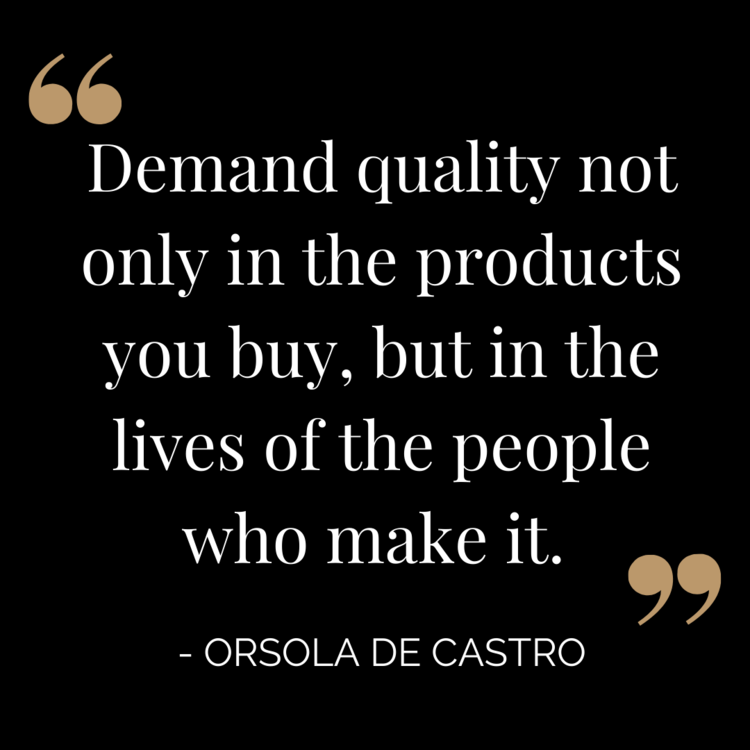 The injustice continues amidst the global pandemic as brands are abandoning their suppliers amid the pandemic and not paying their workers.
The injustice continues amidst the global pandemic as brands are abandoning their suppliers amid the pandemic and not paying their workers.
According to Forbes, a humanitarian crisis is unfolding in Bangladesh, with the fate of 4.1 million garment workers in the hands of western fashion brands, who have reportedly cancelled over $2.8 billion in orders as the COVID-19 crisis escalates.
Basically, many fashion brands are not paying for the garments that were already produced and are currently being sold to us as the consumer online as we are in self-isolation.
Made in Canada lives on, in Toronto the textile and manufacturing industry employs over 50,000 people. Made in Canada has now had a newfound appreciation that the skill is one of extreme value and not just quality or luxury.
While it certainly isn’t business as usual, in-house production has proven to be a necessity today when access to resources is scarce. The shortage of global supplies and closed borders has proven to be very difficult due to politics or the circulation of counterfeit items sent from abroad.
As a Toronto made manufacturer we are called to serve you in a different way. The health and safety of our team and supporting our community is our first priority and during this time.
We have repurposed our resources from making ethical luxury undergarments to producing non-medical masks to reserve the PPE for our frontline workers. Our values of quality fabrication, sourcing and safe production still applies.
WHAT CAN I DO AS A CONSUMER?
Invest in timeless over trendy, buy less and wear what you have more (a study shows we actually wear 20-30% of our closet) Be mindful of being convinced you have to purchase new clothes because it’s a new season or you have an event. This is part of the pink tax of being a women.
- Educate yourself - Check out documentaries like #truecost and #riverblue or #themachinist on YouTube for more insight on the lives of the workers who produce your clothing and Google! Everything is on the internet once you start looking up terms like sustainable fashion, ethical fashion a plethora of information will auto-populate. Also look into business publications who have up to date information on brands because it affects their bottom line, Forbes, Business Insider, McLeans Magazine and CNN are all great resources.
- Shop with your dollar - every dollar you put towards a brand only makes it grow larger, when you start to support brands that are more transparent in their approach the demand for that grows too!
- Konmari your closet - If you have Netflix you can check out Mari Kondo - while it might be a challenge to implement especially with children, the values she demonstrates in expressing gratitude and appreciation for what you do have is a very spiritual approach to moving out of the materialism mindset.
- Donate your clothes and be open to hand me downs - If you are not sure where to trust to donate, ask a local facebook group. There are always incredible suggestions there for local organizations that are dedicated to the cause but may not have marketing dollars. Hand me downs are a gift with our children growing so quickly and don’t be opposed to shopping in your friends closet!
- Mend your clothing - while this concept is not as popular today there are a lot of alteration services directly attached to your local dry cleaner. This could extend the life of your favourite pieces.
- Buy timeless, classic and quality pieces with versatility - look for items that are best sellers and remain in the store throughout the seasons that’s a good indication of classic pieces. For those special occasions consider borrowing or renting.
- Take care of your clothes - learn to wash your clothes. The way you wash your clothes can make the difference between longevity and the landfill. You wouldn’t put a wedding gown in the washing machine, keep that in mind when you are purchasing good quality pieces - they require care and maintenance to last.
- Take it one step at a time - Just like anything you have learned in life, it will take time. Start by educating yourself on the production, then move to textile composition. This will help you understand the difference between the smoke and mirrors of sustainable marketing and brands that are the real deal.
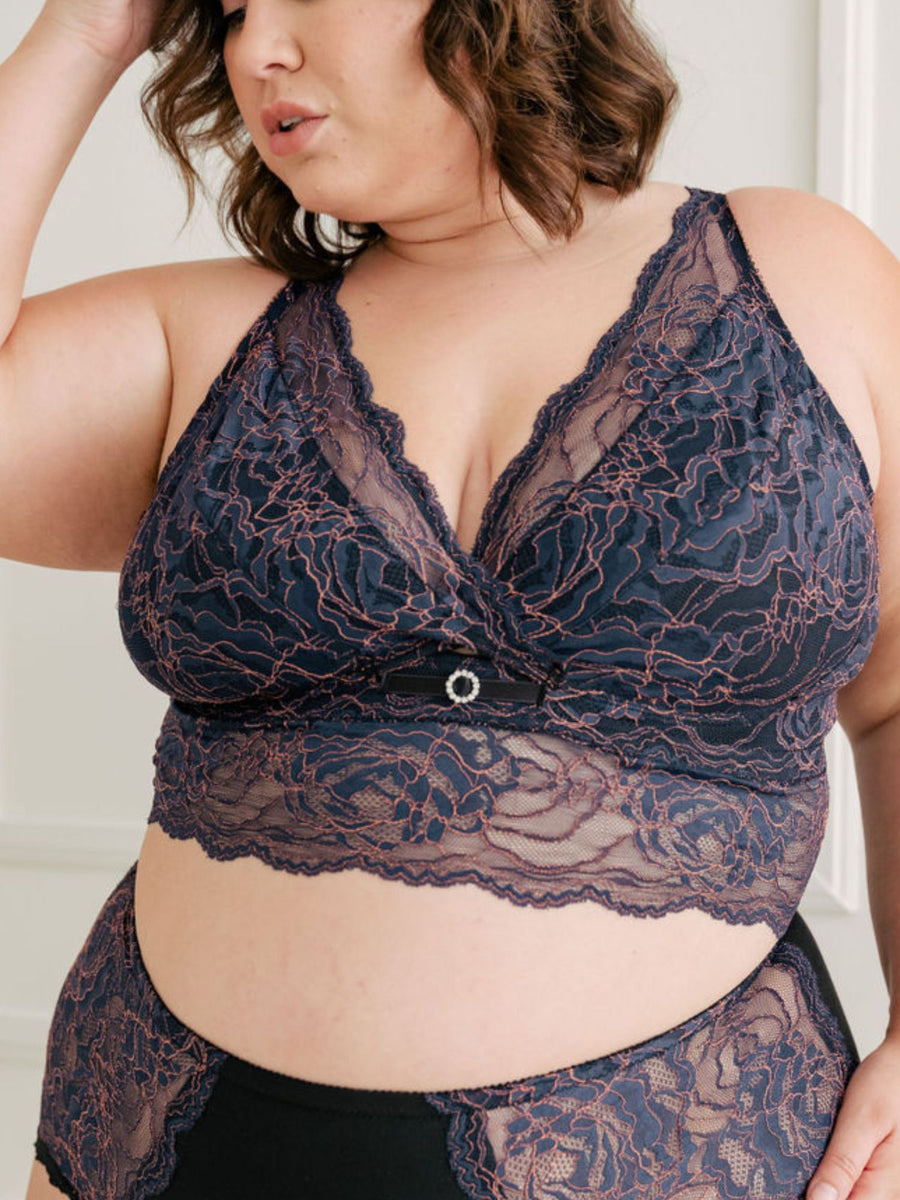
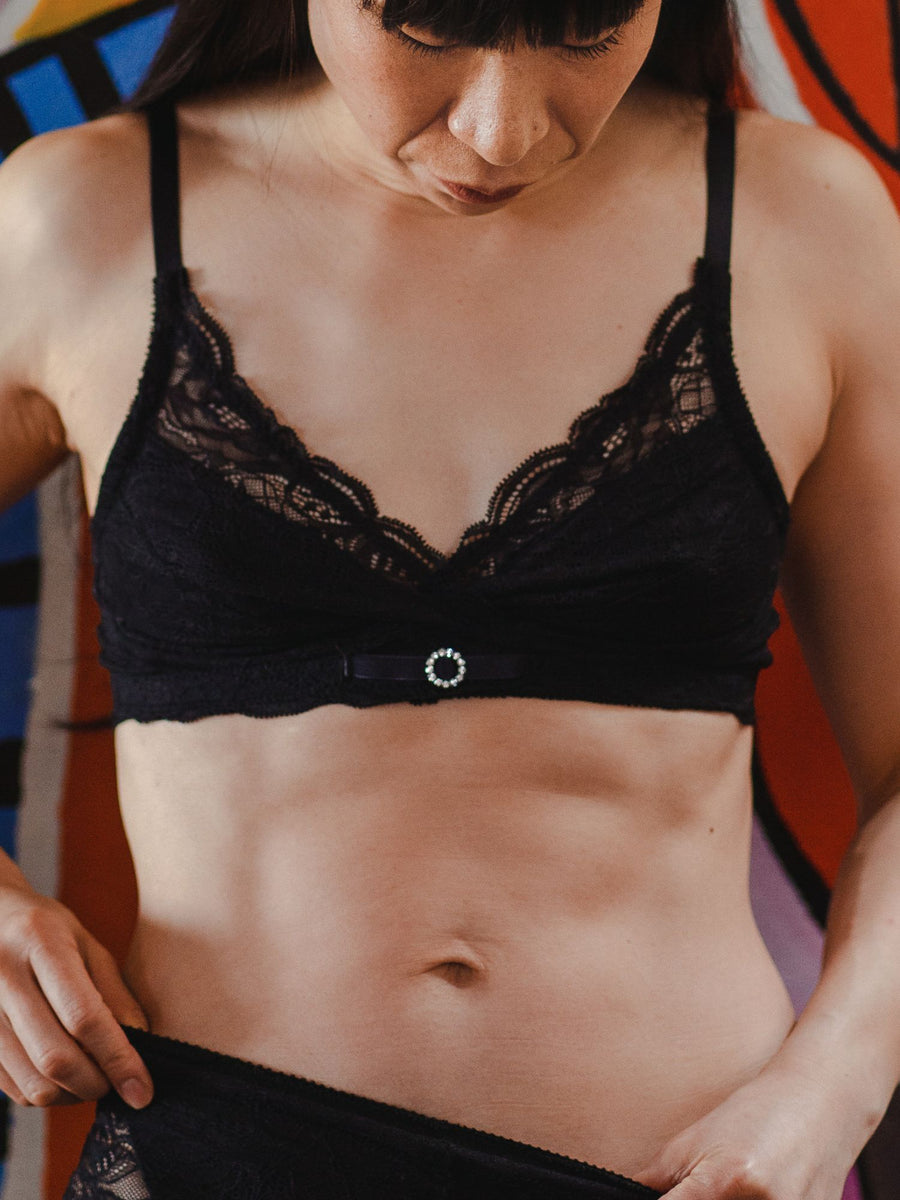
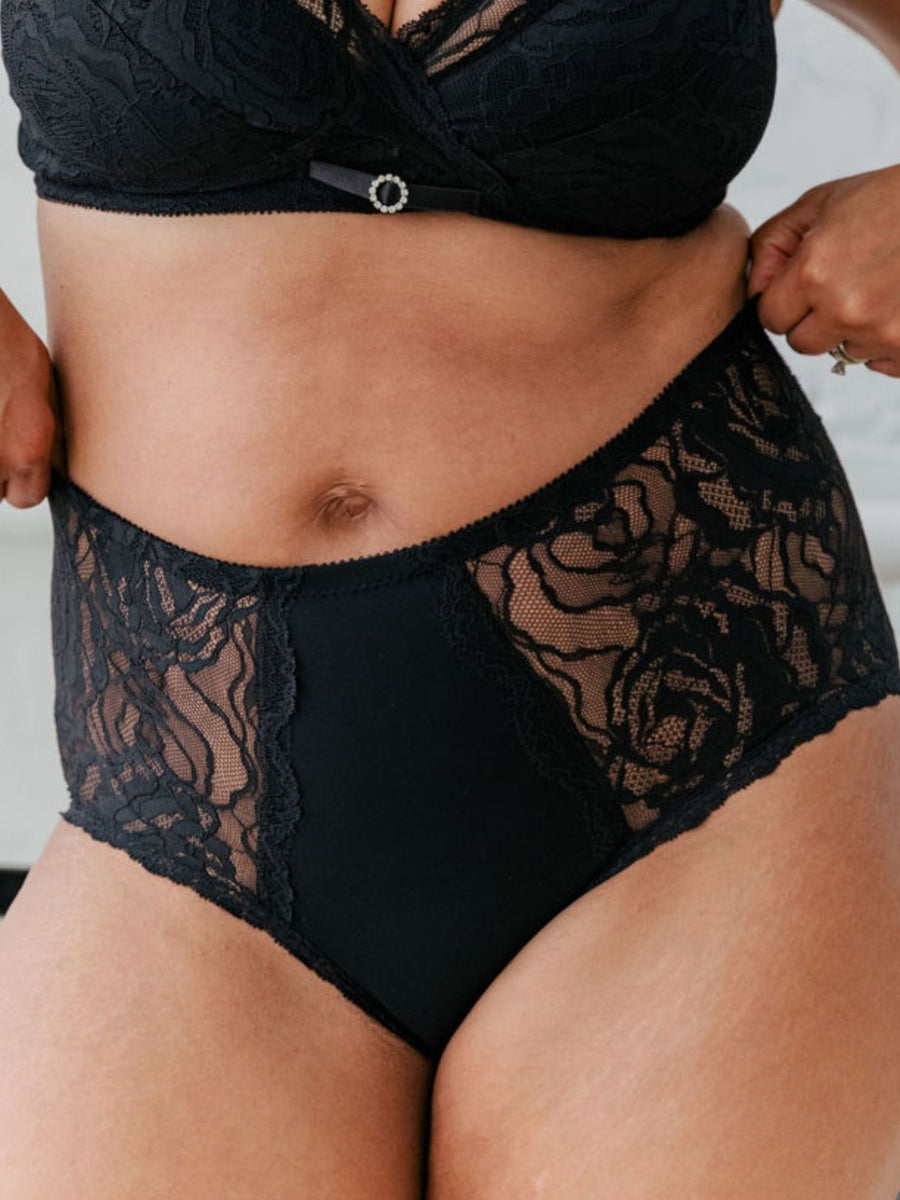
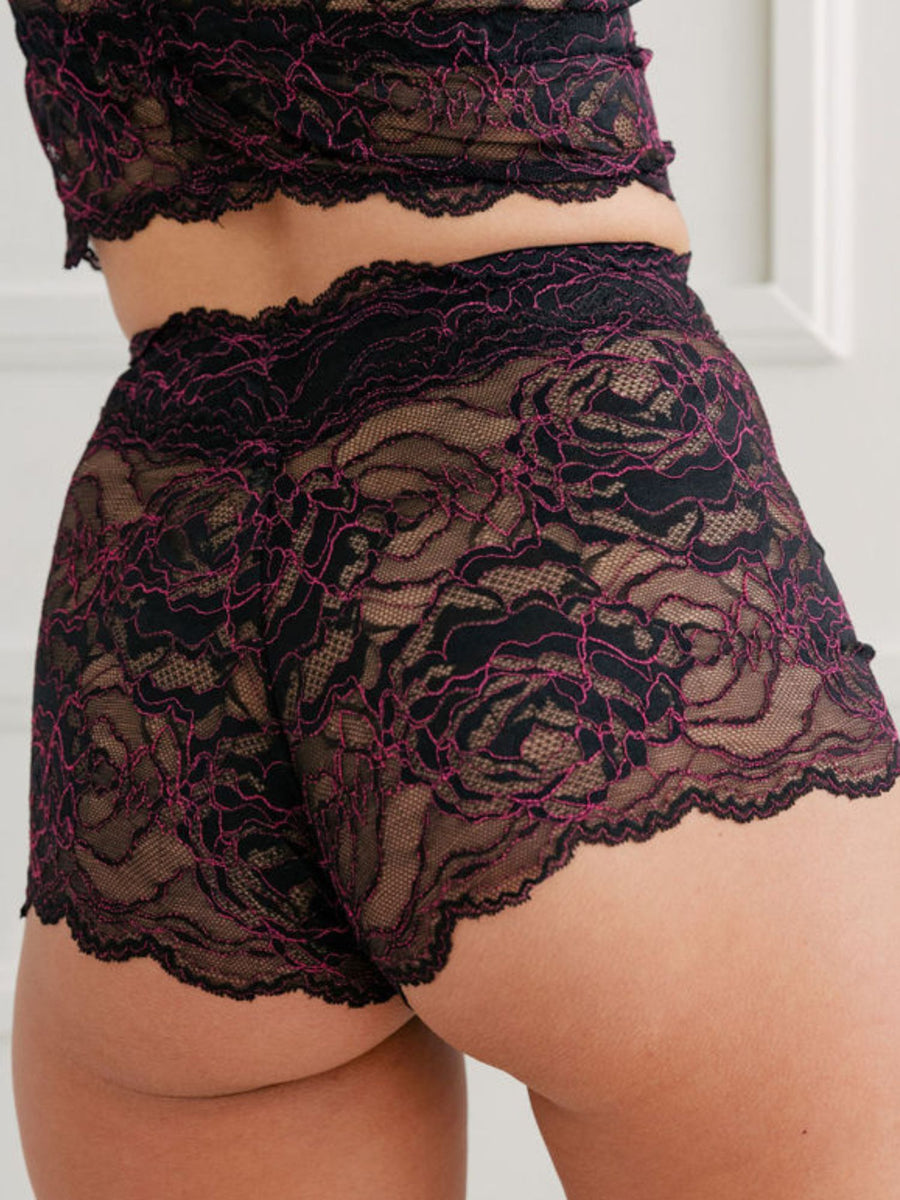

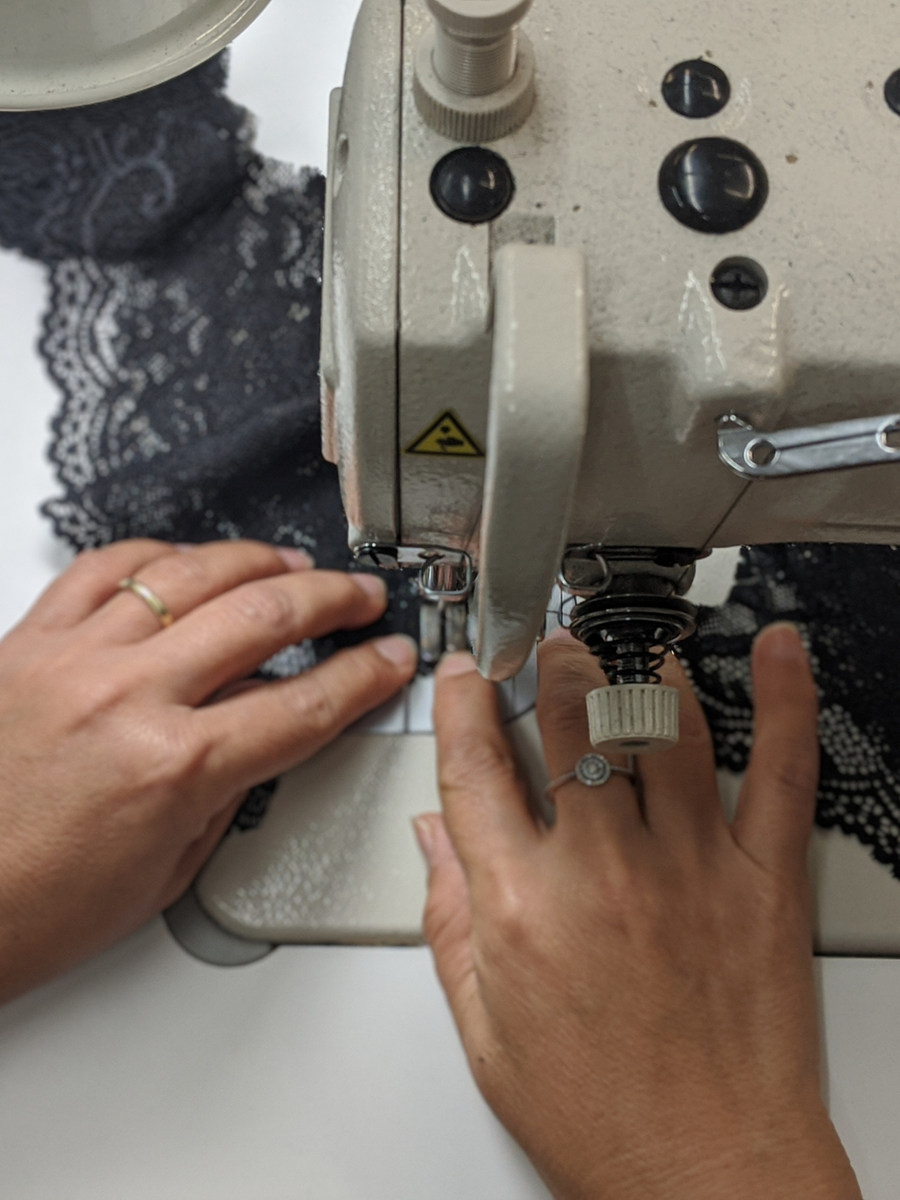





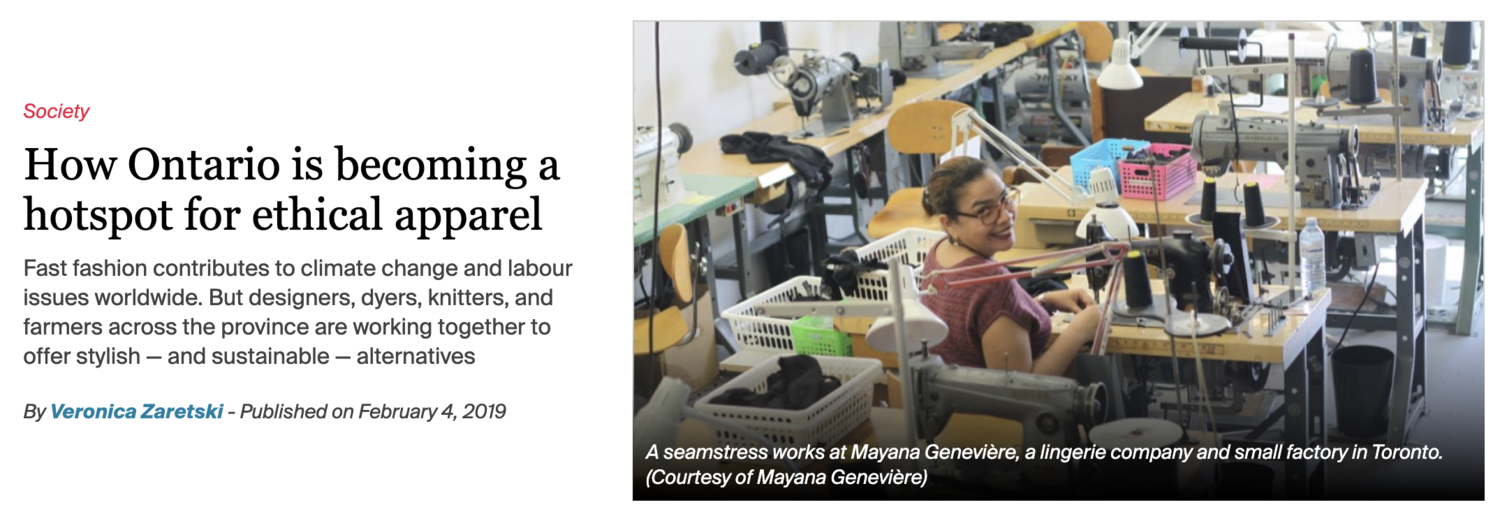
 We only work with mills that have the same values as we do about people and our planet. Your garments are made with organic cotton, low impact dyes, in solar powered facilities with new developments towards sustainability daily (stay tuned for that announcement).
We only work with mills that have the same values as we do about people and our planet. Your garments are made with organic cotton, low impact dyes, in solar powered facilities with new developments towards sustainability daily (stay tuned for that announcement).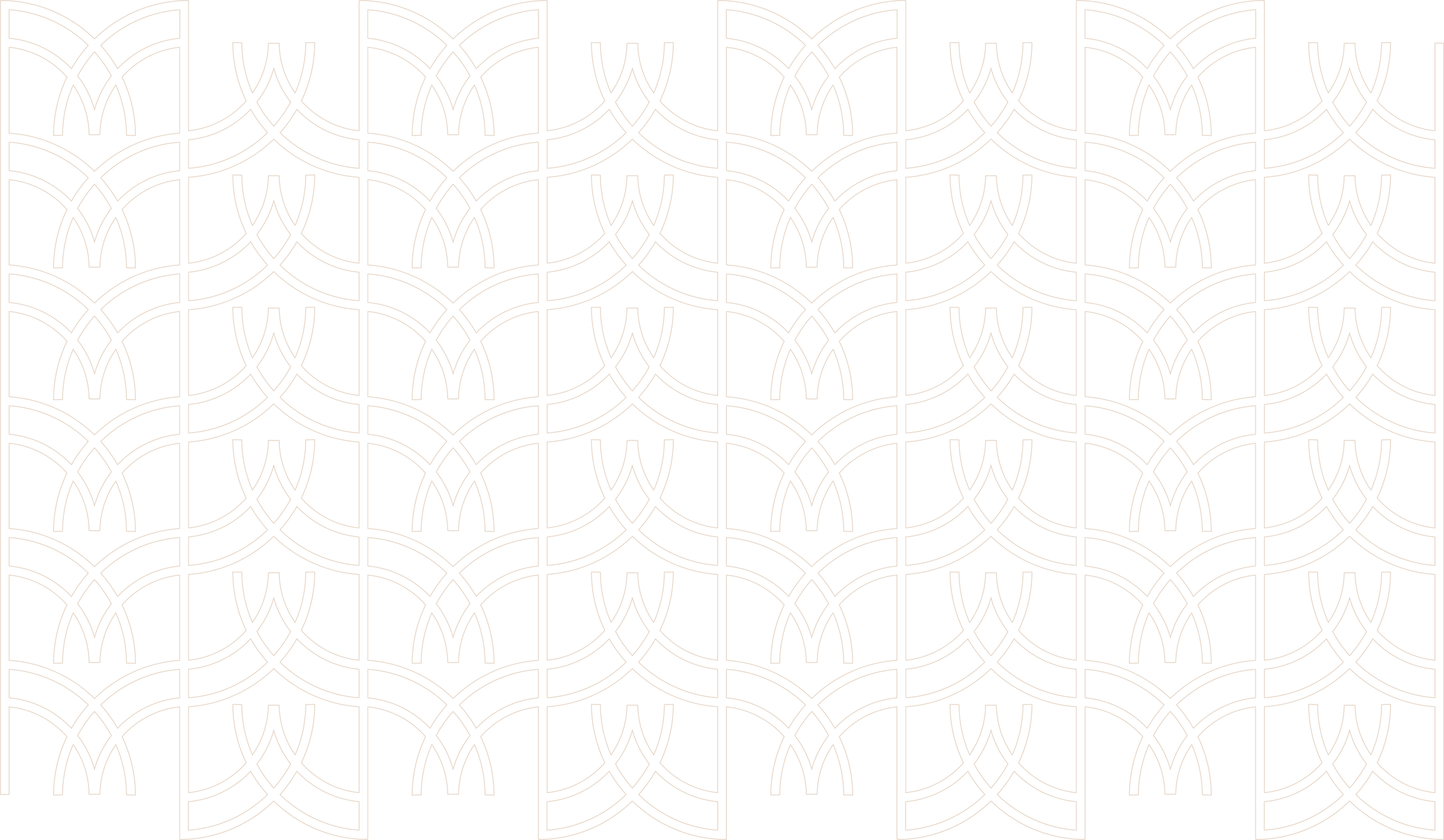
Leave a comment